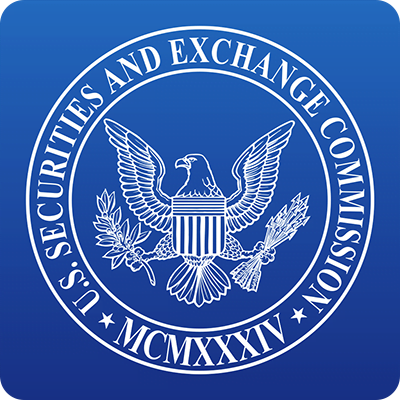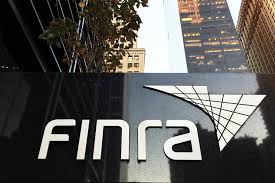

This post first appeared on the Securities Arbitration Alert blog. The blog’s editor-in-chief is George H. Friedman, Chairman of the Board of Directors for Arbitartion Resolution Services, Inc.
PIABA has submitted a comment letter to the SEC, urging that its 5-year strategic plan include addressing RIA use of predispute arbitration agreements.
The SEC on August 24 issued a notice requesting comments on its draft Strategic Plan for Fiscal Years 2022-2026. The draft Plan: “focuses on three goals that advance our mission: 1. Protect working families against fraud, manipulation, and misconduct; 2. Develop and implement a robust regulatory framework that keeps pace with evolving markets, business models, and technologies; and 3. Support a skilled workforce that is diverse, equitable, and inclusive and is fully equipped to advance agency objectives.”
PIABA: What About RIA Arbitration?
The SEC notice included solicitation of comments from the public: “to gain the benefit of additional outside perspectives.” Among the several comments received was one dated September 29 from PIABA that focuses on RIA use of mandatory predispute arbitration agreements (“PDAA”). Says the letter:
“In reviewing the Strategic Plan, we noted the SEC did not address the issue of dispute resolution for investors, particularly those involving Registered Investment Advisers (‘RIAs’). Our members are seeing RIAs take advantage of the lack of oversight and impose oppressive pre-dispute arbitration clauses that prevent their clients from seeking redress. Since the SEC is tasked with protecting the investing public and overseeing more than 14,000 SEC-registered RIAs, the Strategic Plan should call for the SEC to make efforts to control RIAs’ use of pre-dispute clauses and require, among other things, standardized pre-dispute clauses, shifting of the majority of arbitration fees to the RIAs using such clauses, increased transparency of the scope and implications of the dispute process, as well as the mandatory disclosure of information regarding an RIA’s dispute history so the SEC and investing public may be better informed.”
FINRA Dispute Resolution: “A More Accessible Forum with Superior Investor Protections”
After defining the problems associated with expanded RIA use of private arbitration fora, the letter extols the virtues of FINRA Dispute Resolution Services (“DRS”), referring to it as: “a more accessible forum with superior investor protections.” We repeat the paragraph in its entirety, omitting footnotes and reformatting it using bullets:
- Currently, FINRA’s Dispute Resolution arbitration program is the only securities industry-sponsored forum. FINRA rules mandate that FINRA-registered firms use the forum if requested by the investor, regardless of other forum selection language in an investor account agreement.
- FINRA rules also provide certain protections and prohibitions regarding dispute resolution, including the mandate that member firms must provide clear, prominent disclosures about the presence and terms of the arbitration clause.
- FINRA, through the CRD, also tracks the number of investor complaints, whether the complaint was brought to arbitration and whether the arbitration resulted in an award, vital information for an investor who is considering engaging a member firm to manage their hard-earned savings.
- Further, FINRA member firms subsidize the bulk of FINRA arbitration forum fees, and while additional forum fees may be assessed against the investor at the end of a FINRA hearing, investors can proceed with their FINRA arbitration claim by paying only the initial filing fee, ranging between $50 to $2,300: sums that are significantly less than the fees charged by private forums.
- The Director of FINRA Dispute Resolution may also waive the initial filing fee for investors.
- Even if the FINRA member firm or associated person does not timely pay their share of forum fees, FINRA allows the case to proceed. This is a significant difference from private arbitration forums.
- By comparison to what RIAs are imposing through forced arbitration clauses, FINRA’s rules and regulations relating to the arbitration of customer disputes with broker-dealers provide a more accessible forum with superior investor protections.
- While PIABA does not believe forcing customers into arbitration for securities disputes is ever appropriate, at a minimum, there needs to be sufficient protections at the levels FINRA provides in its arbitration forum so investors with RIAs are not doubly abused.
(ed: *We’ll track any changes to the draft. **Other comments, which were due September 29, may be viewed here. ***We suggest DRS keep the comment letter handy for use when the Authority next appears before a congressional committee.)





